A harrowing new report reveals rape culture is poisoning British Primary Schools
Like Adolescence, a new report into primary school rape culture makes for painful viewing, but we can’t look away
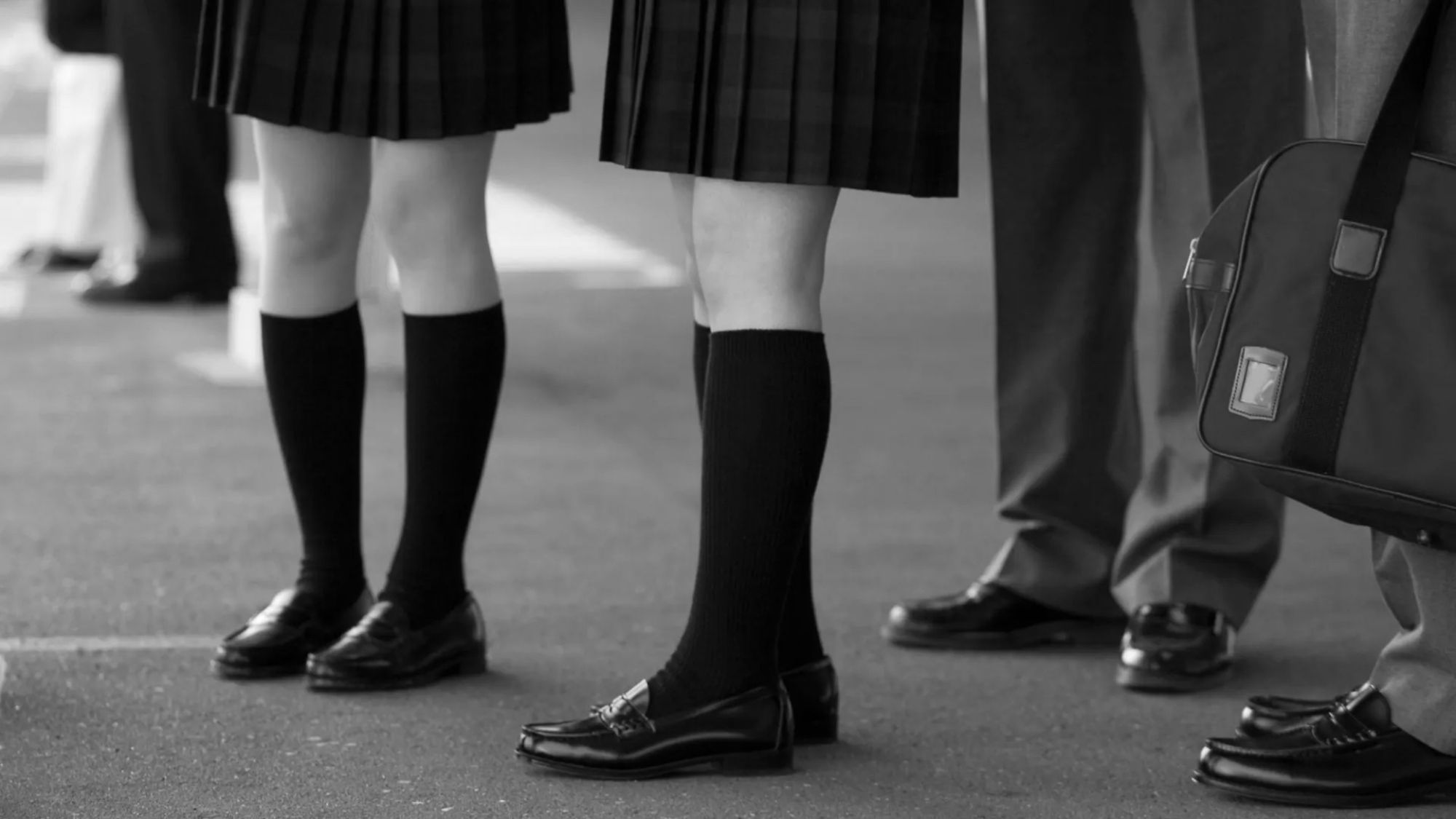

Children from as young as five have submitted anonymous testimonies on the charity website Everyone’s Invited, revealing primary school experiences of sexual harassment, groping, inappropriate touching and even rape.
Rape culture is not a term commonly associated with five-11-year olds and yet it exists in at least as many as 1,664 British primary schools. The Everyone’s Invited Primary School List cites the names of almost 2,000 primary schools where sexual abuse or harassment has taken place.
“I was sexually assaulted multiple times and raped by my friend as a child when we were both aged 7,” reads one harrowing anonymous testimony: “I always thought I shouldn’t be upset about it because it wasn’t done by an adult. I thought I didn’t have any right to carry it with me because I didn’t say no enough times; so I blamed myself.”
The Everyone’s Invited initiative aims to highlight “the urgent need to address rape culture in these early educational settings” and is calling for systemic change in how we educate and protect young children. It comes weeks after the nation was shaken by the powerful Netflix drama Adolescence, which shows the aftermath of the murder of 13-year-old Katie by her classmate Jamie Miller who had been groomed by online misogynistic influencers and incel culture.
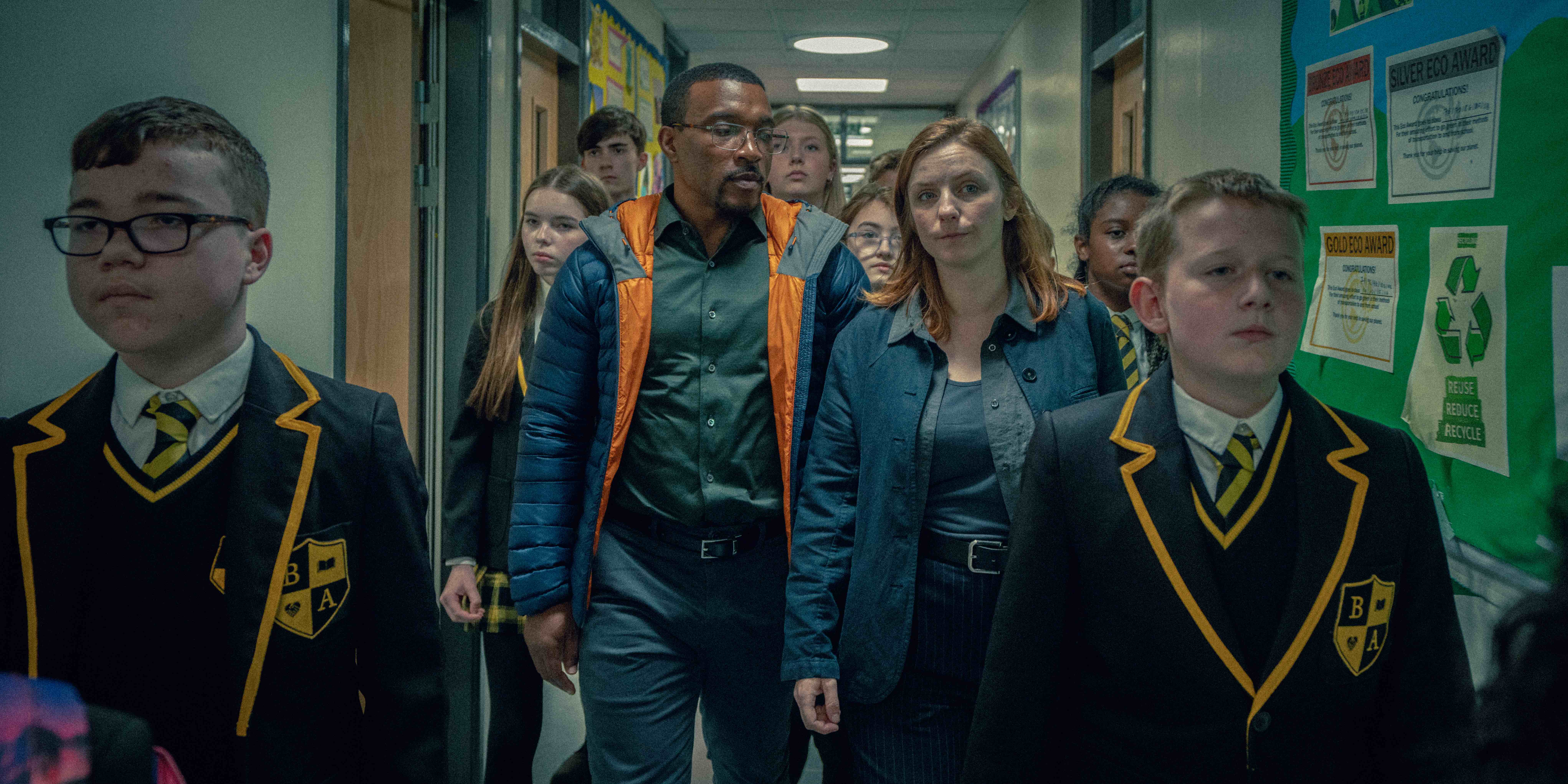
Still from the Netflix drama Adolescence
The organisation is calling for relationships and sex education to be taught before the age of nine, which opponents argue is too young to start teaching children about sex and consent. But the sad reality is that the roots of rape culture have already infiltrated the educational environment at a far younger age than many of us would like to believe. “This happened [in] primary school, aged 5. A boy of the same age sat next to me at story time and pushed his hand down the back of my skirt and tried to push his hand between my butt cheeks,” reads one testimony; another: “When I was 7, I was sexually abused along with 3 other students every day by a student who was 2 years older than us. He’d threaten us, beat us, and told us if we told anyone he’d do worse, the school eventually found out after about a year, however no action was taken.”
Another campaign, helmed by Make It Mandatory in collaboration with the Sex Education Forum, Brook, and EVAW, is also proposing important changes to sex education in schools. They have put forward an amendment to the Children and Wellbeing Bill, tabled by Zarah Sultana MP, that advises Relationships and Sex Education (RSE) be extended to 18-year-olds. So far their petition, supported by Marie Claire UK, has garnered over 100,000 of the necessary 150,000 signatures.
A post shared by #MakeitMandatory (@makeitmandatory)
A photo posted by on
1 child is raped in school every school day (Women and Equalities Select Committee report)
Rape culture refers to an environment in which sexual violence is normalised, excused, or trivialised and it is infecting every corner of society, including the classrooms of children as young as 4. “At 4 years old, an 11-year-old boy took me into the school toilet and touched my privates with his.”
Marie Claire Newsletter
Celebrity news, beauty, fashion advice, and fascinating features, delivered straight to your inbox!
Even before Adolescence sparked fervent online debate around incel culture and the endemic level of young male loneliness driving boys towards the Manosphere, there had been growing concerns about toxic behaviours, attitudes, and worrying ideas around gender and consent among British primary school children.
In primary schools 3 sexual assaults are reported to the police every school day (Women and Equalities Select Committee report)
Rape culture is not an entirely new phenomenon, but it is affecting younger and younger children. Growing up in quiet North Devon in the early 2000s, I didn’t have a name for rape culture, but it was definitely felt. Reading through the online testimonies of countless children (there are currently 52,384 submissions), I remembered with piercing clarity being targeted by a group of 15/16-year-olds shortly after starting secondary school.
One lunchtime, I decided to go and find my new locker and—following the paper map my new tutor had given me—I ended up in a quiet corridor near the Geography block. A group of about five boys encircled me, the leader yanked the sleeves of my school jumper and started hauling me towards the boys’ toilets, calling me names like ‘sexy’ and ‘baby’, which his friends made clear was ironic: I wore round-framed glasses with my hair in a sensible plait and a pair of practical, clompy shoes my mum had bought me from Clarks. Keeping a firm grip on one of my wrists, he ran a hand down my leg before—what felt like hours of struggling—he let go and I fell backwards onto the waxed lino floor and hurried away. For the next year, I avoided that corridor, and I never used the locker during the five years I studied there.
In Year 10, a boy in my year pushed me onto the ground, winding me, in full view of a patrolling lunchtime teacher who simply shrugged as I made pleading eye contact while struggling to get my breath. Neither incidents were considered particularly noteworthy in my over-populated, under-resourced state school and they pale in comparison to some of Everyone’s Invited’s more harrowing testimonies, but my memories prove how entrenched sexism and misogyny are. What’s becoming increasingly clear though is how younger and younger children are being exposed to inappropriate language, harmful stereotypes, and distorted views of consent at an alarming rate. “In schools, homes, families and peer groups, children and young people are exposed to extreme ideologies, normalisation of violence and cultures of silence that allow radicalisation and violence to flourish,” agrees Katherine Gilmour, Senior Regional Director of Global Fund for Children and UK Healthy Masculinities Lead.
A post shared by Everyone’s Invited (@everyonesinvited)
A photo posted by on
Child-on-child abuse
A recent report by the National Police Chiefs’ Council revealed that child sexual abuse and exploitation had increased by 400% from 2013 to 2024. In instances of sexual violence, more than half of the alleged offenders were children themselves.
“In my primary school there were two corners of the school playground were [sic] boys would push the girls in and say “your [sic] in the sex corner” and pretend to hump you. The other corner was called the “kissy corner” where boys would push you in then try to kiss you. At the time it was uncomfortable and felt wrong but also the norm as teachers never bat an eyelid and it seemed to be a ‘game’ that got passed down the years.”
From playground jokes that trivialise assault to media portrayals that reinforce harmful gender norms and the rapid-fire growth of the Manosphere and toxic alpha-male influencers, young children are being shaped by an environment that too often normalises disrespect toward others—especially girls. “Misogyny, violence and abuse are learned behaviours, not innate ones,” adds Gilmour. She says that developmentally appropriate comprehensive sexual education is vital in tackling—and understanding—abuse and gender inequality.
The generation divide
Echoing one of the rawest scenes in Adolescence, in which a broken Eddie Miller, played by show co-creator Stephen Graham, says to his wife Manda,“…He was in his room we thought he was safe, we thought we were doing the right thing…” Everyone's Invited founder Soma Sara says that parents are unaware of how easy it is for children to access violent pornography and toxic Manosphere influencers. “It has transformed their idea of intimacy and relationships, insidiously positioning men as dominant and women as submissive,” Sara told The Times.
This tracks with data that shows 60% of teachers reported that children under nine had been exposed to pornography. Another shocking revelation is that almost half of schoolchildren under seven are showing signs of misogynistic behaviour, and that “misogynistic rhetoric and harmful gender norms” are ingrained from as early as nursery.
Campaigners say that education around relationships, emotional literacy, consent, boundaries, personal space, interaction, and respect need to be taught at nursery. As adults, one of the tasks we must face is understanding that rape culture doesn’t just manifest through explicit acts of violence or harassment—it is embedded in the subtle messages children receive daily.
Sexual abuse online and harassment ‘normalised’ (Ofsted report, June 2021)
In too many British primary schools—and institutions at large—casual sexism prevails and damaging gender stereotypes influence interactions. Dr Marcus Maloney, Assistant Professor in Sociology at Coventry University’s Research Centre for Postdigital Cultures, explains that youth transitions to adulthood today are increasingly marked by uncertainty and precarity around careers, intimate relationships and general life chances. “For boys and young men, this is compounded by the pressure to achieve traditional masculine ideals that are both unattainable and often unhealthy. However horrifying to us in the mainstream, figures like Andrew Tate offer boys and young men a seductively simple set of answers to their problems, and a worldview that frames feminism, and the gains made by women in society, as the source of their problems.”
What’s more, over the last generation there has been a narrowing of education to more singularly focus on just academics, says Dr Tara Porter, adding: “For those who don’t fit that path, we risk disenfranchising them from society before they even fully join it. We risk them turning to violence, crime or incel culture to gain a sense of identity.” Porter, who is the author of the upcoming book Good Enough: A Framework for Modern Parents, examines how education disenfranchises young boys and men and delves into the realities of parenting against extremes when raising boys in the age of social media, video games, porn, and Andrew Tate.
Porter understands that exposure to sexualised content—whether through social media, movies, or peer influence (debunking the idea that not giving children a phone will combat this epidemic)—skew children’s understanding of what constitutes healthy relationships. This problem is compounded by the fact that so many schools lack sufficient education on consent, healthy relationships, and gender equality. The report found that 80% of surveyed primary school teachers felt ill-equipped to address these issues.
Experts agree that in the current climate, boys are often growing up thinking that their worth is tied to their ability to dominate or assert control, while girls are being taught to stay silent, comply, or even blame themselves when their boundaries are violated. It’s precisely these damaging narratives that perpetuate rape culture and lay the groundwork for unhealthy dynamics in relationships, both in adolescence and adulthood.
Left unchallenged, these ideas will sow the seeds of a society that continues to downplay and ignore the boundaries of consent and mutual respect. Comments like “she was asking for it” or “you’re not a real man if you don’t get a girl to like you” have no place in society, least of all, the school playground.

Mischa Anouk Smith is the News and Features Editor of Marie Claire UK.
From personal essays to purpose-driven stories, reported studies, and interviews with celebrities like Rosie Huntington-Whiteley and designers including Dries Van Noten, Mischa has been featured in publications such as Refinery29, Stylist and Dazed. Her work explores what it means to be a woman today and sits at the intersection of culture and style. In the spirit of eclecticism, she has also written about NFTs, mental health and the rise of AI bands.
-
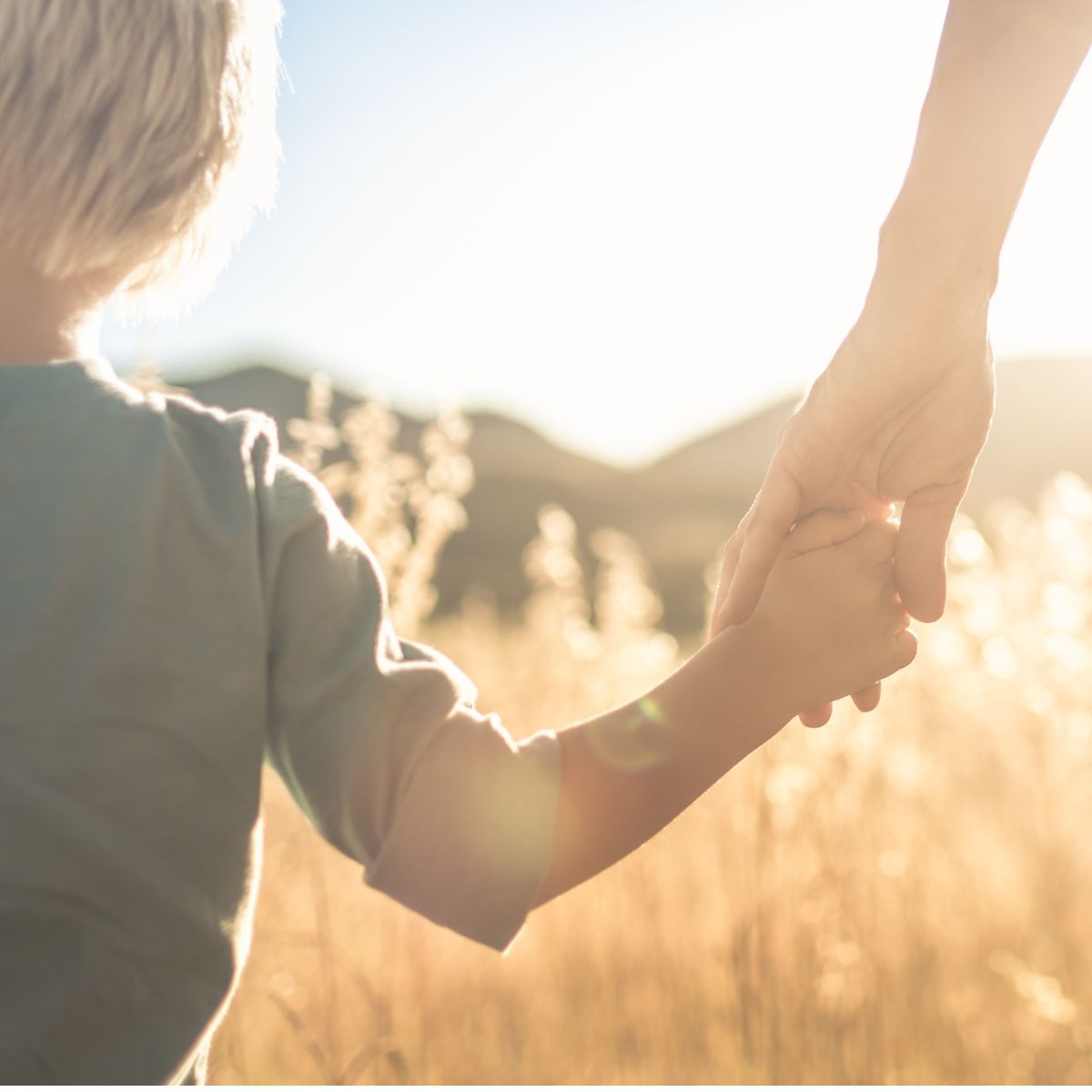 How Do We Raise Our Kids in a Time of Misogyny and Intimate Image Abuse?
How Do We Raise Our Kids in a Time of Misogyny and Intimate Image Abuse?“We tend to ask more of schools when we perhaps need to ask more of ourselves”
-
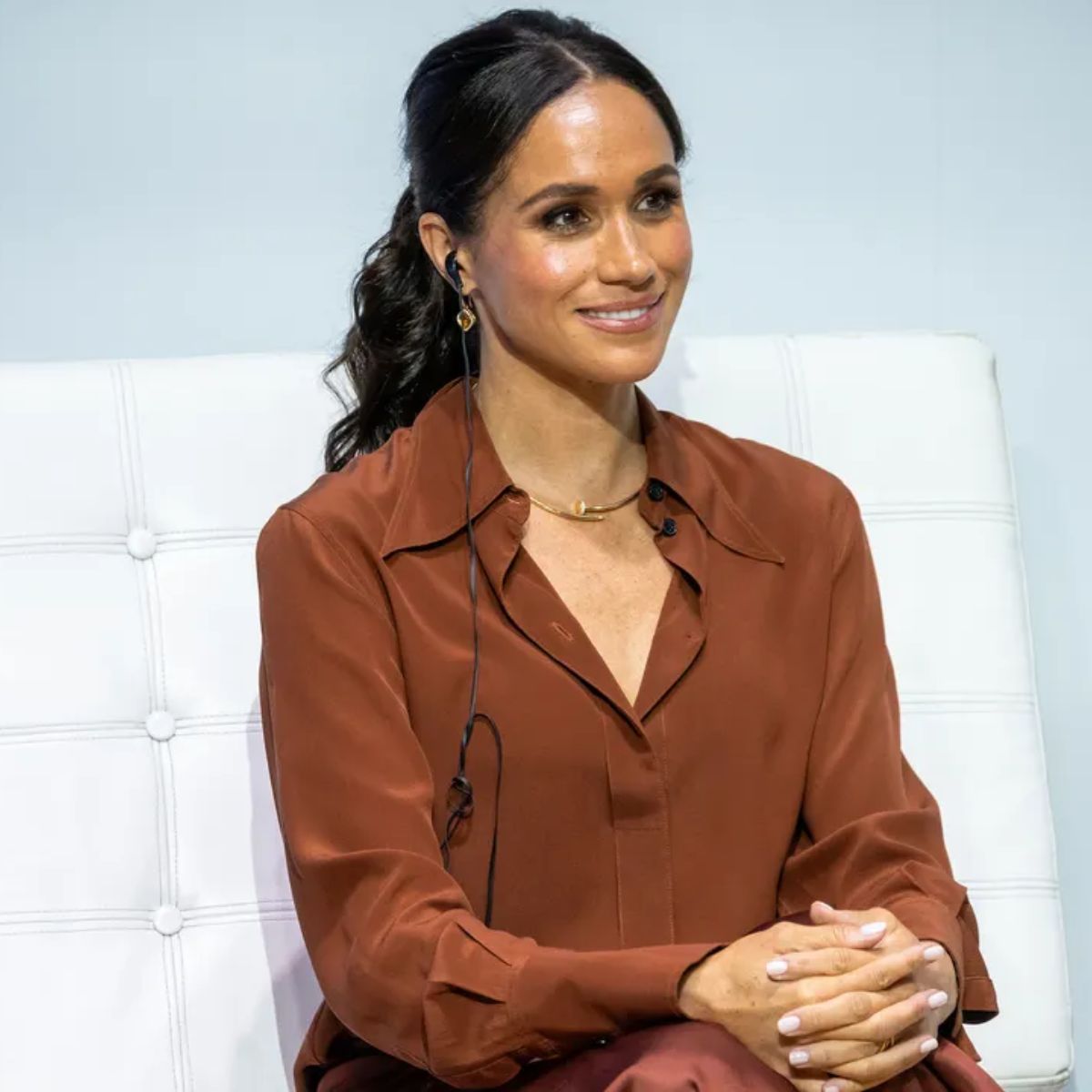 Meghan Markle's 'Montecito manicure' is *the* quiet luxury nail look and it's so easy to do at home
Meghan Markle's 'Montecito manicure' is *the* quiet luxury nail look and it's so easy to do at homeRoyally chic
-
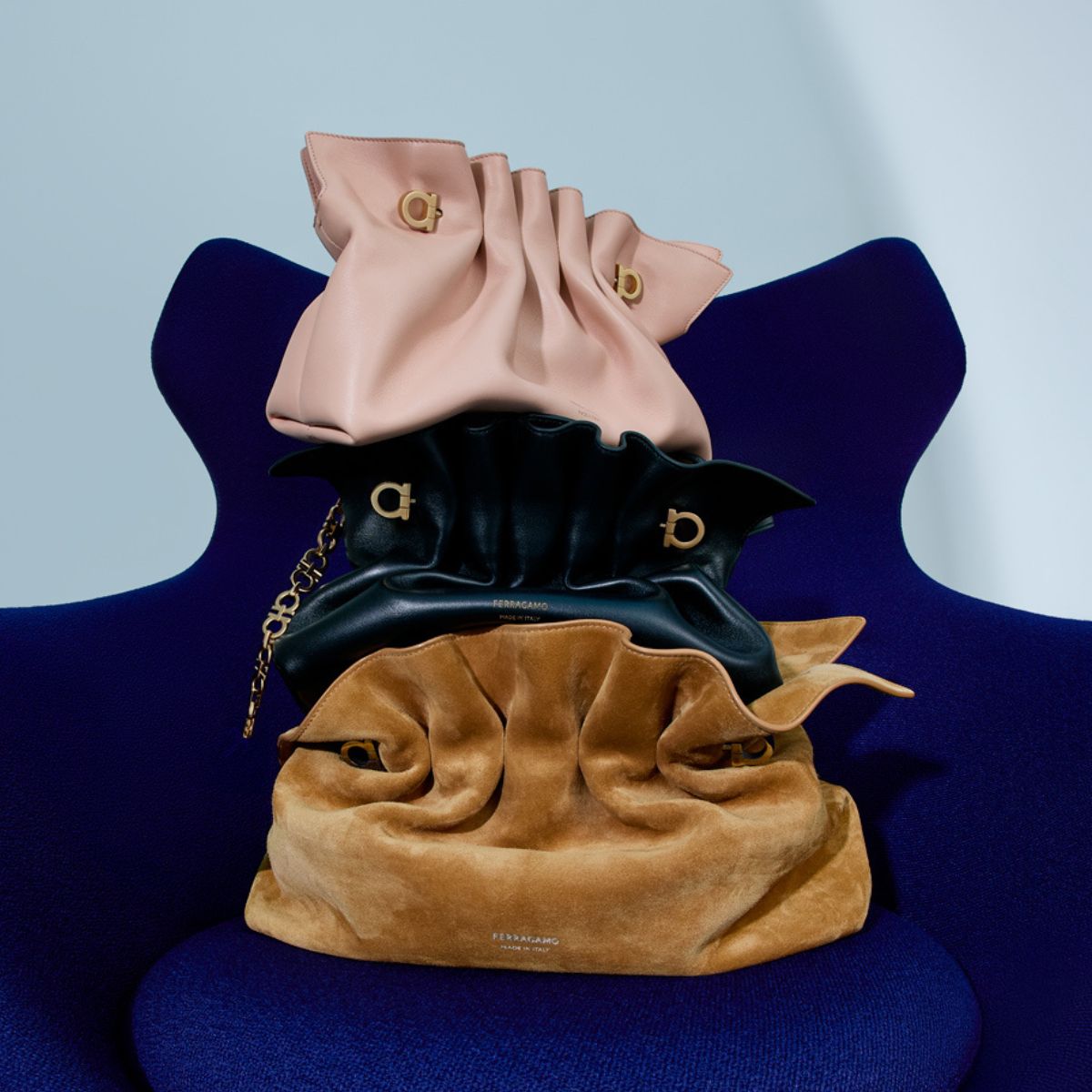 The One: Ferragamo’s Soft Bag Revives an Archival Classic
The One: Ferragamo’s Soft Bag Revives an Archival ClassicA classic go-to bag
-
 How Do We Raise Our Kids in a Time of Misogyny and Intimate Image Abuse?
How Do We Raise Our Kids in a Time of Misogyny and Intimate Image Abuse?“We tend to ask more of schools when we perhaps need to ask more of ourselves”
-
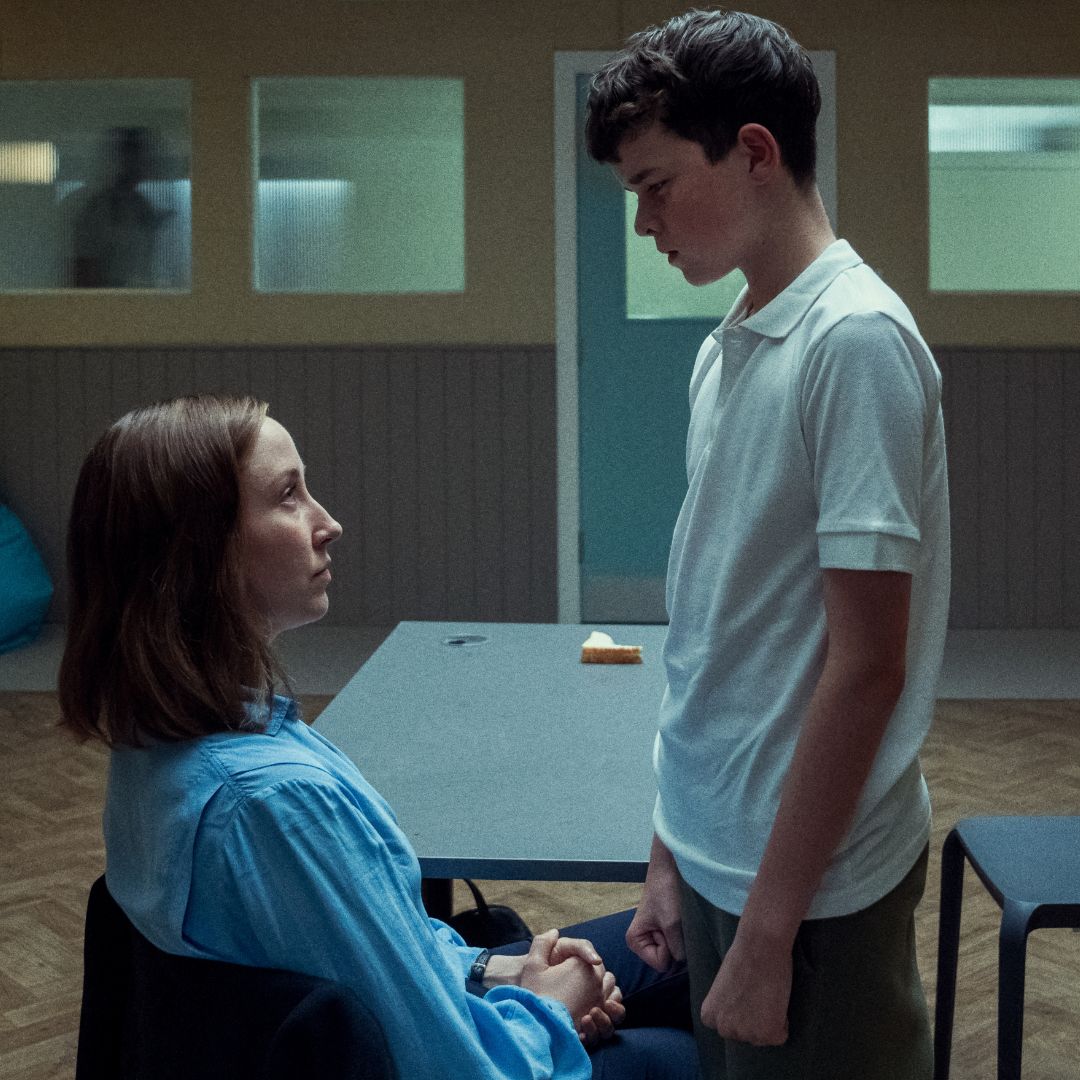 ‘Adolescence’ and the rise of Manosphere influencers — how radicalisation is shaping the next generation
‘Adolescence’ and the rise of Manosphere influencers — how radicalisation is shaping the next generation‘Adolescence’ is a painful, but necessary reminder that male rage and misogyny hurts everyone